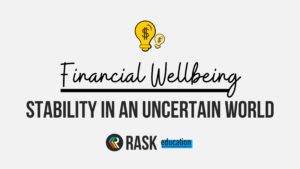In finance, FY means the financial year or fiscal year. They are the same thing but “fiscal year” is more commonly used outside of Australia.
What happens at the end of the financial year?
At the end of the financial year, every company will take stock of their financial position and draw up their annual report and financial statements (balance sheet, cash flow statement, etc.).
Private companies often get a tax accountant to do their annual report – usually just to tell them how much tax is due!
Larger companies and businesses normally have investors to please, so the financial results will be sent or mailed to the investors.
For companies on the stock exchange (e.g. ASX), the annual financial results are really important because they provide the basis for investment decisions.
For example, an analyst might say, “based on its financial results for the last financial year, I think XYZ Company shares are a buy”.
When does the fiscal/financial year start and end?
Knowing when a financial year starts and ends can be confusing.
In Australia, the tax year is the same for every person. That is, the tax year ends June 30th each year and the new one starts the next day (July 1st).
For companies and businesses, it can vary from one company to the next.
Most companies — but not all — use the tax year (June 30th) as the end date to their financial year.
However, some companies might use the calendar year as their financial year. Others will have another date, like the end of September.
Some companies, like retailers, choose January to end their financial year because it means the annual report will include the busy Christmas period (covering December and January).
Remember
The financial year a company chooses can vary slightly from one year to the next and not all companies use the same financial year.
Therefore, make sure you’re comparing apples to apples. Some companies may make small adjustments to the dates included in their financial year to make their returns look better. Make sure you read the fine print!
[ls_content_block id=”27643″ para=”paragraphs”]



